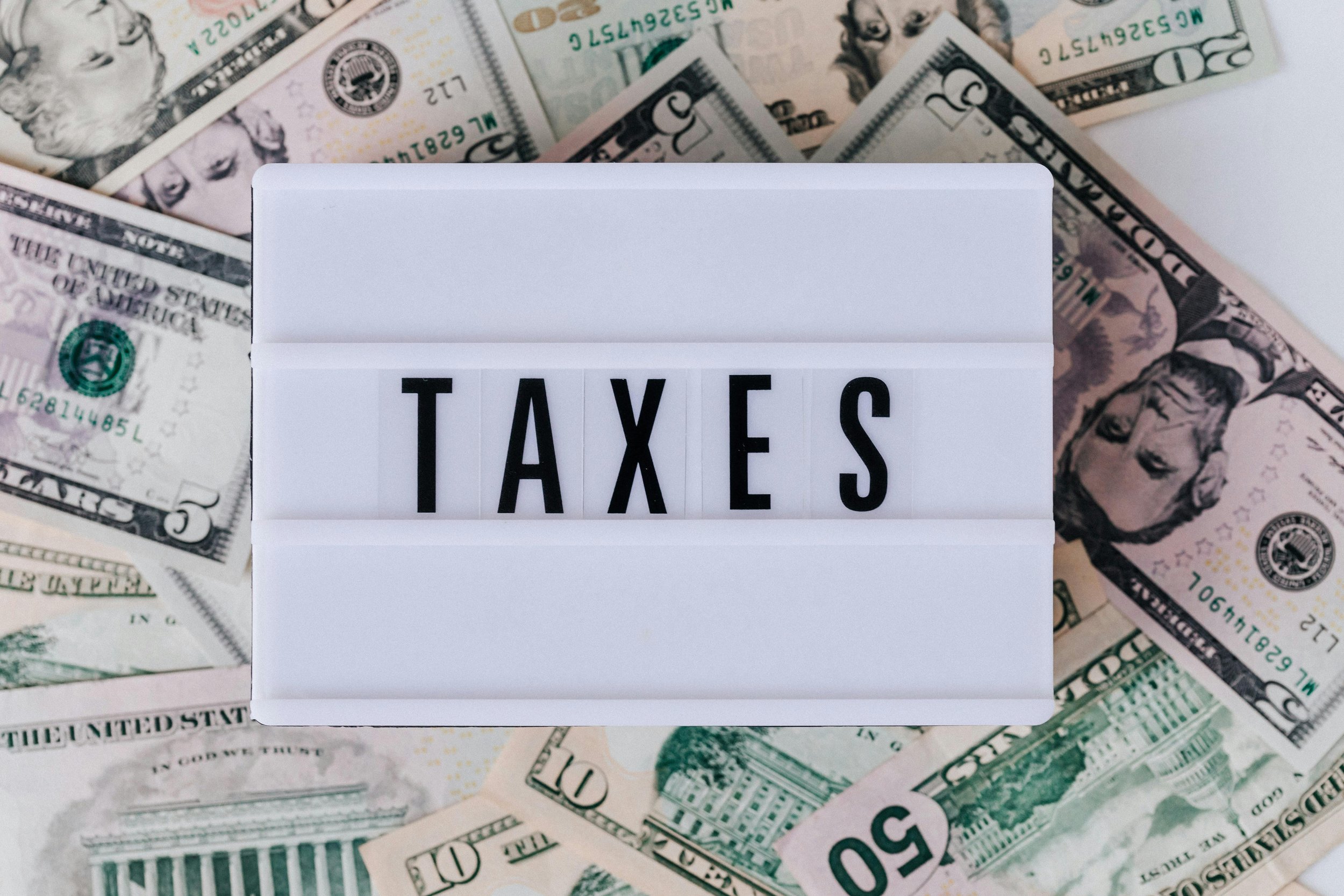Tax Deductions for Babysitters and Nannies
If you work as a babysitter or nanny, understanding your tax obligations and potential deductions can help you maximize your take-home pay and stay compliant with IRS regulations. Here’s a breakdown of key tax considerations and expenses that apply to you.
Self-Employment Taxes
If you work for multiple families or set your own schedule, the IRS may classify you as self-employed. In this case, you are responsible for paying the full 15.3% FICA tax and must file Schedule SE with your tax return. Using a platform like Apiari can help you not only find work with additional families but also track your sessions and keep records of your set work schedule and the different families you worked for over the course of the year.
Expenses You Can Deduct
Sole proprietorships are one of the most common structures for independent contractors and self-employed individuals, and they are eligible for various tax write-offs. The good news is that many business-related expenses can be deducted from your taxable income, potentially lowering your tax bill.
Here’s a checklist of expenses you can write off on your US tax returns.
Transportation Costs: Subway, bus and train tickets. Mileage, fuel, and maintenance expenses for driving to and from work.
Supplies and Equipment: Items like toys, books, or educational materials you purchase for the children you care for.
Marketing & Advertising Costs: Costs related to promoting your business, including business cards, flyers, online ads, and website expenses, are fully deductible. These expenses are considered necessary for attracting clients and growing your business.
Professional Services: Fees paid to accountants, lawyers, or business consultants for professional services related to your business are deductible. This includes tax preparation, contract drafting, financial advice, and Apiari monthly service fees to access our platform to help you attract new clients, manage sessions and automate payments.
Continuing Education: Costs for courses or certifications that improve your skills as a caregiver.
Phone and Internet: If you use these for work-related communication or scheduling.
Record-Keeping
Maintain detailed records of your income and expenses, including receipts, invoices, and mileage logs. These records are essential for accurately reporting your income and claiming deductions.
State-Specific Rules
Tax rules for babysitters and nannies can vary by state. Some states require employers to register and withhold state income taxes if you earn above a certain threshold. Check your state’s labor department website for specific requirements.
Key Takeaway
Understanding your tax obligations and potential deductions as a babysitter or nanny can help you save money and avoid penalties. Keeping accurate records and consulting a tax professional can ensure you stay compliant and maximize your earnings.
Resources:Photo: Kaboompics.comPaystub.orgSD MayersDMJPSTurboTaxIRS (Topic no. 756)
